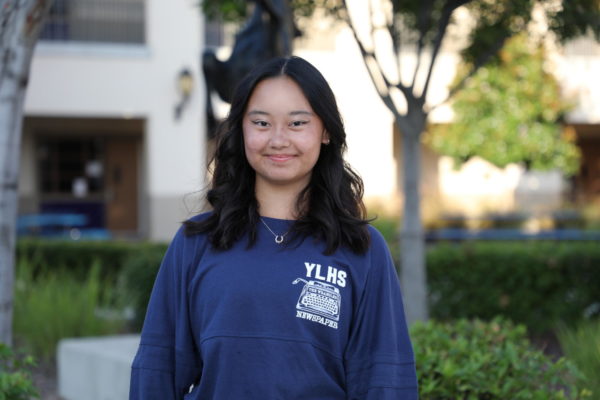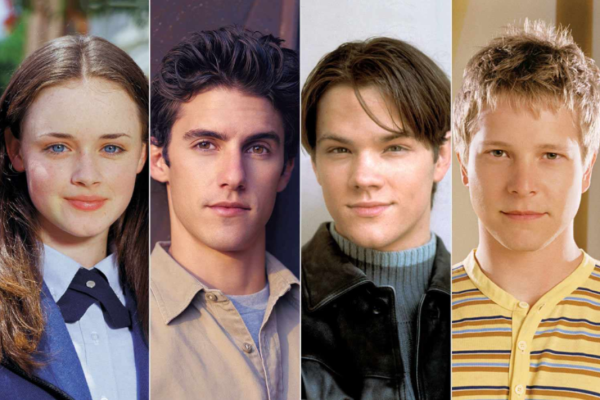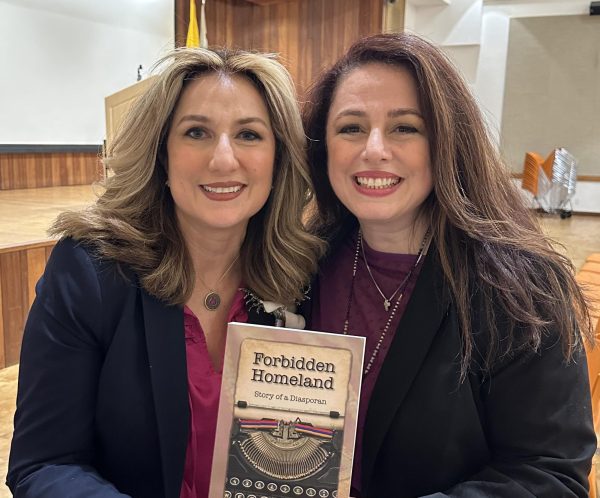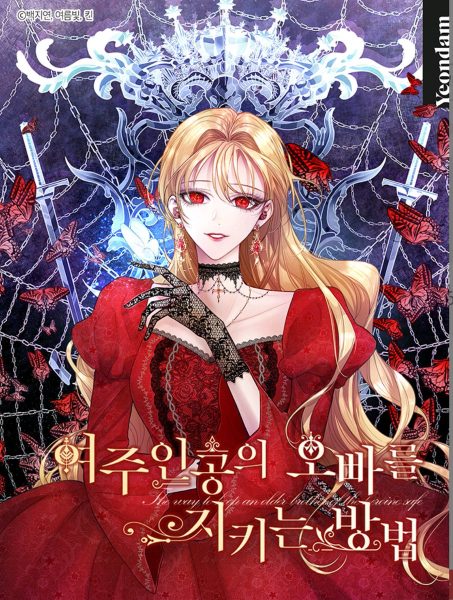Self-Censorship of Hollywood Films
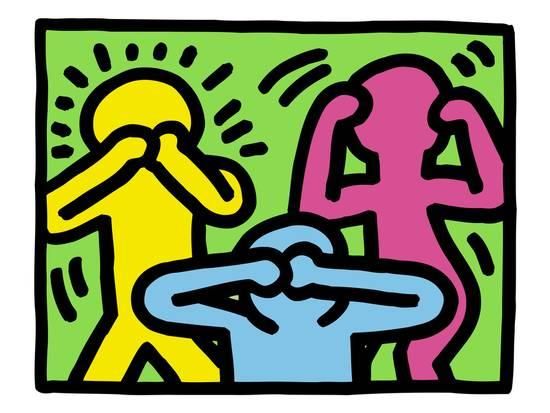
“See no evil, hear no evil, speak no evil” is a phrase attributed to people turning a blind eye towards injustice.
June 7, 2022
Entertainment is something that humans have been innovating ever since the beginning of mankind. From the Romans at the Colosseum in Antiquity to ballets at the Palais Garnier under Napoleon Bonaparte, people have wanted to be amused and awestruck by various types of arts. Something else that has stood the test of time is the arts being put in jeopardy for malicious political reasons. Although art is inherently universal and comprises all aspects of society such as politics, when the creator(s) are hindered by personal ulterior motives, great art can be tainted by the darkness of corruption.
“Corrupt” art does not include art that faces pushback for being “heretical” whether in Renaissance Europe or 1960s America among the likes of Andy Warhol. Controversial art often reflects societal changes and leaves a trail of creative breadcrumbs that future generations can use to trace back to historical ideas and culture. Despite being subjective, the goals of artists aren’t to harm people, but to challenge ideas.
Although malign art forms may conjure up images of Leni Riefenstahl’s Nazi propaganda films or the resulting cult of personality instituted under Adolf Hitler, it does not just allude to art with the intent of doing harm to society. It also can refer to art that is compromised for the sake of making more money or receiving more power.
The art that is objectively the most deluding is that kind of project that has no underlying agenda in itself, but serves the agendas of other parties unnecessarily, especially by self-censoring. This seems to be the case in many of the world’s most marketable and omnipresent motion pictures of contemporary times. Films such as the newest Marvel feature film Doctor Strange in the Multiverse of Madness (parent company: Disney) and the latest installment of the Wizarding World Fantastic Beasts: The Crimes of Grindelwald (parent company: Warner Bros.) have considered acquiescing carefully crafted scenes of their movies solely to appease bigoted foreign governments.
Doctor Strange in the Multiverse of Madness was released this year on May 2nd and was widely anticipated as a blockbuster film. However, the movie wasn’t even released yet before it stirred controversy among the Chinese and Saudi Arabian Governments. They were controversial for two main reasons: a short scene depicting an anti-Chinese Communist Party (CCP) newspaper, and having a gay character. According to CBR, “a news rack briefly appears in several shots, sporting Chinese characters on its side. It translates to ‘Da Ji Yuan Times,’ which is another name for the Epoch Times newspaper.” (Epoch Times Website: www.theepochtimes.com)
Also, “The number one LGBTQ+ news source worldwide,” UK-based PinkNews, reports that “Saudi Arabia reportedly asked Disney to cut a 12-second scene” where a “queer hero” mentioned “having two mothers.”
It is agreeably unusual for a movie’s team to pay any attention to, or moreover yield to the calls for unreasonable censorship of any government, let alone foreign ones. However, to be aired in China, every movie “must first get past Chinese government censors” according to NPR. Apparently, “when a movie has finished filming and is ready for release, a copy of it is sent to Beijing to the Ministry of Propaganda, where a collection of censors…watch the movie. And obviously, anything that might concern Tibet or Chinese history or Mao is going to be off the table.”
In Saudi Arabia, where “homosexuality is strictly forbidden,” a government “General Supervisor of Cinema Classification” exists to process films, similar to the Chinese “government censors.” The Supervisor explains that “it’s very tough to pass something like this” presumably in reference to having non-heterosexual characters in artistic film.
Fantastic Beasts: The Crimes of Grindelwald also faced pushback from the Chinese Government, but they actually did concede six seconds of the film unlike Doctor Strange in the Multiverse of Madness. It has been reported that “Warner Bros has bowed to Chinese censors and edited out specific references to a gay relationship” and that the exact lines cut were “because I was in love with you” and “the summer Gellert and I fell in love” (news.com.au). After watching the scene myself, it is apparent how miniscule the detail is, and how overblown the homophobic response of governments has been. Just like in Saudi Arabia, those in power in China actively oppress LGBT people.
Despite overwhelming LGBT support, local residents may not fully comprehend what it means for such a dominant industry to cede to intolerant regimes. Regal in Yorba Linda showed both of the mentioned films, and the public was open to view them without having to think about the controversies. YLHS Student Jeanelle Wu (10) states that she “believe[s] that one way to advocate for and protect LGBTQ+ rights is by standing up for movies with LGBTQ+ characters in them.” She maintains that it is up to Mustangs to work towards progress in their own unique ways.
The entertainment industry can also utilize its enormous global artistic influence to make positive changes in the world. Art has long been a tool for change, and it doesn’t have to stop being one now.
5/31 Update:
The awe-inspiring and patriotic sequel to the blockbuster film Top Gun was just released on May 27th. Top Gun: Maverick was sitting in controversy for a while when Tom Cruise’s iconic character Pete “Maverick” Mitchell was seen in trailers donning a bomber jacket adorned with a Taiwanese flag. According to Bloomberg, Maverick not only participated in dogfights with “what appears to be Russian fighter jets,” but stood up to CCP oppression and stood up for Taiwanese independence. The article continues with the following uplifting message:
“Hollywood has a long tradition of bowing to pressure from Chinese censors, removing images and dialog from scenes that might be considered offensive in President Xi Jinping’s increasingly conservative society.
But the decision to keep the image of the flag on the back of the jacket worn by protagonist Captain Pete “Maverick” Mitchell suggests that at least some Hollywood executives might be turning a new page when it comes to Chinese censorship.”
With this affirming development in American cinema, my optimistic hopes of art being a “tool for positive change” may be coming true. Let’s keep moving foward.


